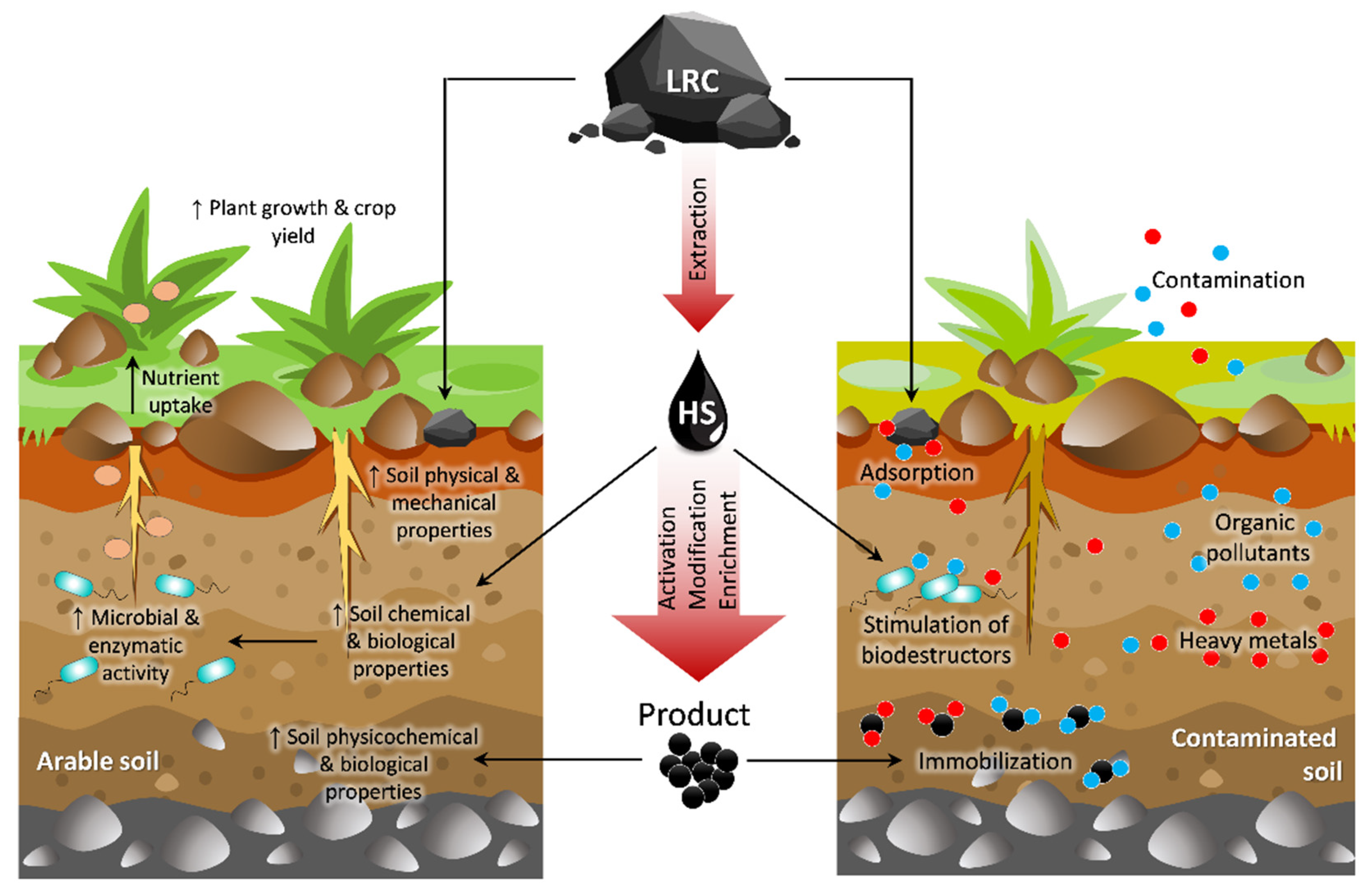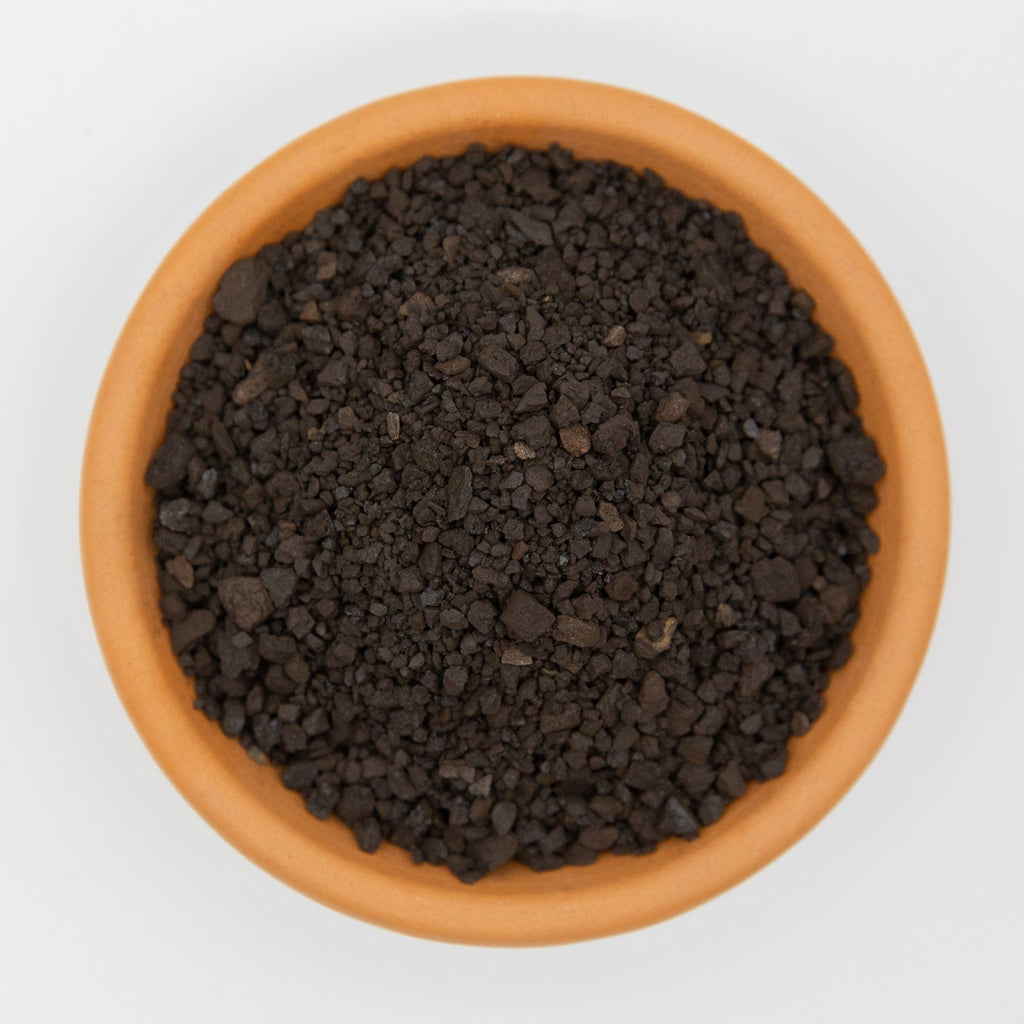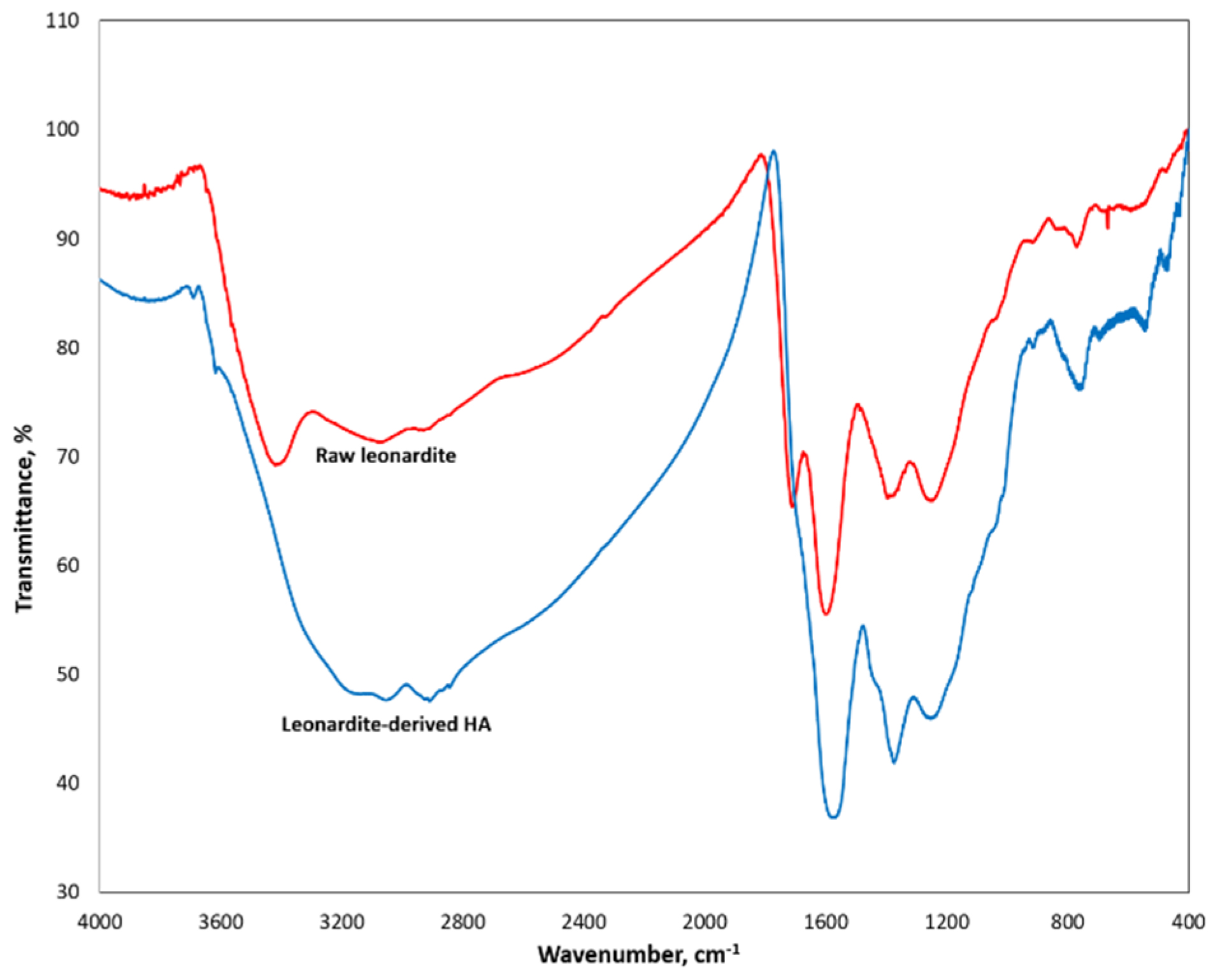Leonardite: The Soil Amendment That Could
Leonardite is a type of organic soil amendment that is formed from the ancient decomposition of plant material. It is a rich source of humic substances, which are naturally occurring compounds that have a number of beneficial effects on soil health.
Leonardite has been used for centuries as a soil amendment in traditional farming practices. In recent years, it has gained renewed interest as a way to improve soil health and productivity in modern agriculture.
There are a number of reasons why leonardite is such a valuable soil amendment. First, it is a rich source of humic substances. Humic substances are known to improve soil structure, water retention, and nutrient availability. They also help to suppress soil-borne pests and diseases.
Second, leonardite is a slow-release fertilizer. This means that it releases nutrients over time, which helps to prevent nutrient leaching and runoff. This is especially important in areas with high rainfall or irrigation.
Third, leonardite is a pH buffer. This means that it helps to stabilize soil pH, which is important for plant growth.
Fourth, leonardite is a biostimulant. This means that it helps to stimulate the growth of beneficial soil microbes. These microbes play an important role in nutrient cycling and soil health.
There are a number of ways to use leonardite as a soil amendment. It can be applied to the soil as a dry powder, a liquid, or a slurry. It can also be mixed with compost or other organic materials.
The amount of leonardite that needs to be applied will vary depending on the soil type and the desired results. However, a general rule of thumb is to apply 1-2 pounds of leonardite per 100 square feet of soil.
Leonardite is a safe and effective soil amendment that can be used to improve soil health and productivity. It is a valuable tool for farmers and gardeners who are looking to improve the quality of their soil.
[MAIN CONTENT]
Here are some of the specific benefits of using leonardite as a soil amendment:
- Improved soil structure: Leonardite helps to improve the structure of soil by binding soil particles together. This makes the soil more porous and allows for better drainage and aeration.
- Increased water retention: Leonardite has a high cation exchange capacity, which means that it can hold onto water molecules. This helps to improve the water retention capacity of soil, which is especially important in dry areas.
- Enhanced nutrient availability: Leonardite helps to make nutrients more available to plants by chelating them. This means that the nutrients are bound to the leonardite molecules, which makes them easier for plants to absorb.
- Suppression of pests and diseases: Leonardite has been shown to suppress the growth of soil-borne pests and diseases. This is because it contains compounds that have antimicrobial properties.
- Improved plant growth: Leonardite has been shown to improve the growth of plants. This is because it provides plants with the nutrients they need, improves the water retention capacity of soil, and suppresses the growth of pests and diseases.
[CONCLUSION]
Leonardite is a valuable soil amendment that can be used to improve soil health and productivity. It is a safe and effective product that has a number of beneficial effects on soil.
If you are looking for a way to improve the quality of your soil, leonardite is a good option to consider. It is a natural product that is rich in humic substances, which have a number of beneficial effects on soil health.
Leonardite is a natural, organic soil amendment that can improve the health and productivity of your soil. It is made up of fossilized plant matter that has been compressed over millions of years. Leonardite contains a variety of nutrients, including nitrogen, phosphorus, potassium, and trace minerals. It also contains humic and fulvic acids, which are beneficial for plant growth.
Leonardite can be used to improve a variety of soil conditions. It can help to:
- Increase water retention
- Improve drainage
- Aerate the soil
- Add nutrients
- Reduce soil acidity
- Promote the growth of beneficial microbes
If you are interested in learning more about leonardite soil amendment, I suggest you visit Garden Wiki. This website provides a wealth of information about leonardite, including its benefits, uses, and how to apply it to your soil.
Image of leonardite soil amendment
5 different images of "leonardite soil amendment" from Pinterest:
- Image 1: A bag of leonardite soil amendment with the caption "Leonardite Soil Amendment for Plants - Improves Soil Fertility, Aeration & Water Retention - Potting Mix, Compost, Raised Beds, Vegetable Garden, Indoor Plants".

- Image 2: A close-up of leonardite soil amendment with the caption "Leonardite - A Natural Soil Amendment That Improves Plant Growth".

- Image 3: A pile of leonardite soil amendment in a garden with the caption "Leonardite Soil Amendment for Healthy Plants".

- Image 4: A plant growing in leonardite-enriched soil with the caption "Leonardite: The Secret to Healthy Soil and Plants".

- Image 5: A diagram of the benefits of leonardite soil amendment with the caption "How Leonardite Improves Soil Health".

Post a Comment for "Leonardite: The Soil Amendment That Could"